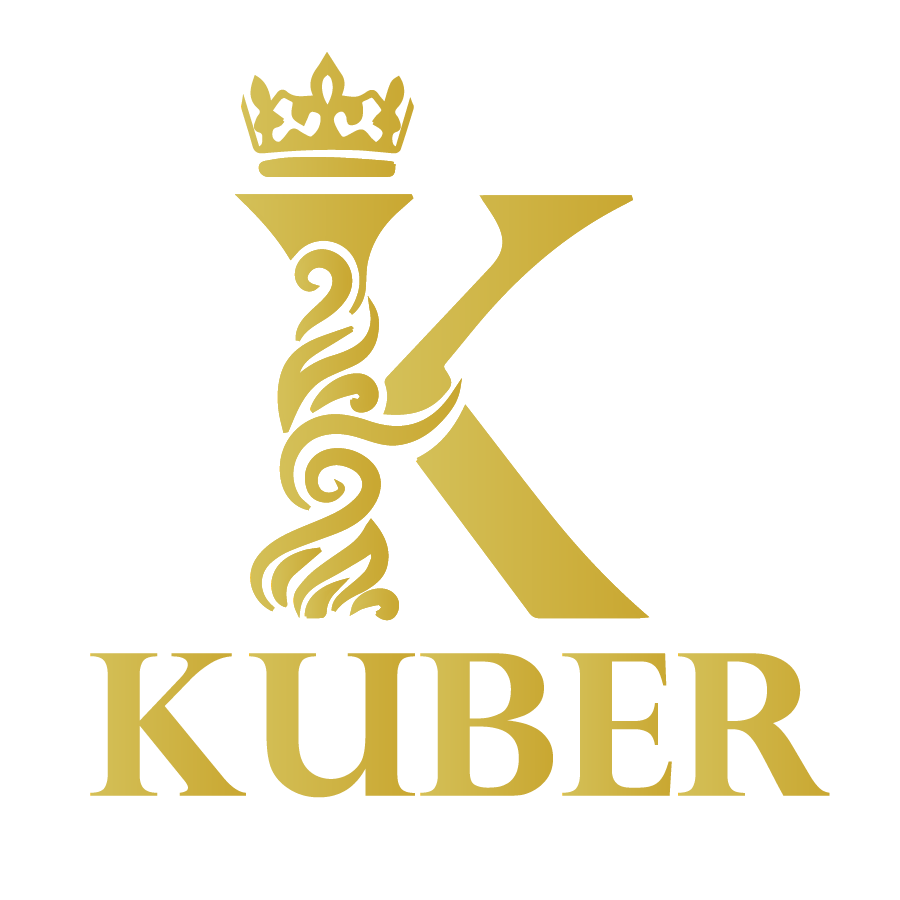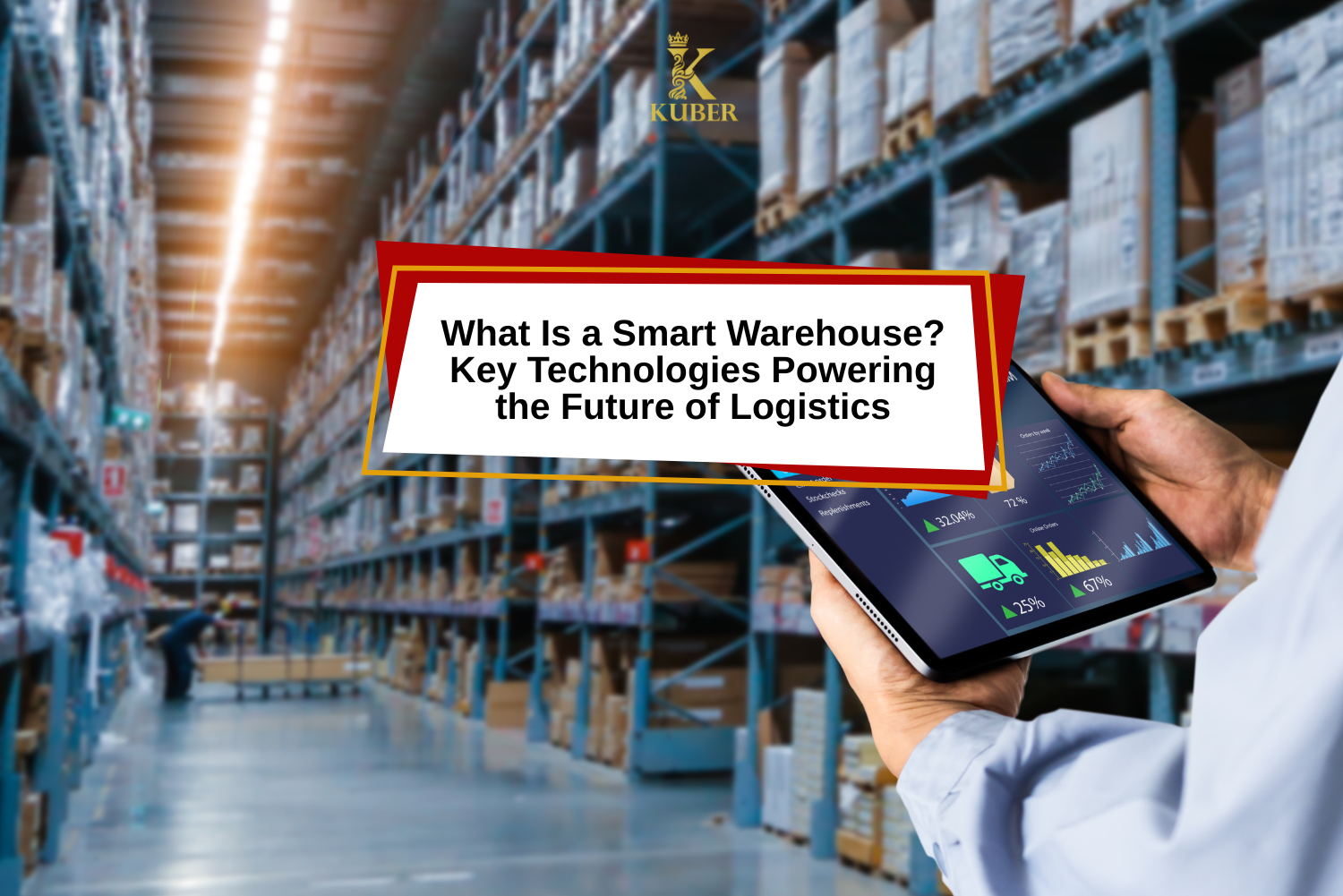In today’s fast-paced, tech-driven world, traditional warehouses are no longer enough to meet rising consumer expectations and global logistics demands. Enter the smart warehouse management system — a revolutionary shift in how storage and distribution are handled.
A smart warehouse is a digitally connected facility that employs AI, IoT, and automation to manage inventory, optimise operations, and reduce human error. Unlike traditional setups, a smart warehouse predicts, adapts, and responds in real time rather than simply recording movement.
Businesses are turning to smart warehousing as a cornerstone of next-generation supply chains to meet the demands for faster delivery, lower costs, and more accuracy. Here’s how these clever systems are changing the face of logistics.
Beyond the Traditional WMS: A Leap to Smart Warehousing
A traditional warehouse management system merely records the arrival or departure of goods, maybe even where they are stored. But a smart warehouse management system goes a few levels ahead of that. It integrates AI, IoT devices, robotics, and analytics. So, if it used to keep records of the stock merely, now it actively monitors, optimizes, predicts, and adapts, creating a variable environment wherein decisions are made by data and often in real time.
Major Elements of Smart Warehouse Solutions
The following are considered the major elements that make smart warehouse solutions intelligent:
IoT Sensors and RFID Tags
Temperature, humidity, and localization sensors are options in a smart warehouse management system, along with RFID tags that monitor the movement of inventory. Such devices pump live data into the system so that it can keep track of things with channel resolution and real-time visibility.
Advanced Warehouse Software
The warehouse control and management system form the backbone which is an intelligent system that realizes seamless integration among robots, sensors, and human processes. As it were, it controls everything from slotting goods to planning shipments.
Artificial Intelligence and Analytics
Demand prediction, storage layout optimization, and scheduling maintenance for machines before breakdown is offered by artificial intelligence. Advanced Analytics helps managers decide where to allocate labor and equipment using dashboards for actionable insights.
Mobile and Wearable
For scanning barcodes, tracking orders, and AR glasses that aid in confirming the correct items and locations, mobile and wearable technologies are implemented, linking directly to the smart warehouse software.
Traditional vs WMS vs Smart Warehouse: What’s the Difference?
To fully understand the evolution of warehouse logistics, it’s important to compare how traditional setups differ from modern smart warehouse solutions. Below is a quick reference table to highlight the distinctions:
| Feature | Traditional Warehouse | Warehouse with WMS | Smart Warehouse |
| Inventory Tracking | Manual logs or spreadsheets | Barcode scanning via WMS | Real-time tracking with IoT, RFID, and sensors |
| Order Fulfilment | Labor-intensive, slow | Semi-automated picking | Optimised picking with AI & robotics |
| System Intelligence | No digital decision-making | Basic rule-based logic | Predictive analytics & AI-driven decisions via smart warehouse management system |
| Human Involvement | High | Moderate | Low – automation & cobots handle key tasks |
| Data Visibility | Limited & delayed | Improved but siloed | End-to-end, real-time, actionable insights |
| Adaptability | Rigid | Somewhat flexible | Highly scalable & modular |
| Cost Efficiency | Higher due to manual errors | Moderate | High ROI through automation, fewer errors, & energy savings |
Why Smart Warehouse Solutions Matter
Smart Warehouse Solutions offer measurable benefits in several areas:
Operational Efficiency
Automation speeds manual tasks, speeds up order fulfilment, and ensures more accurate processes. Real-time inventory visibility avoids stock imbalances for companies.
Space-Optimised & Cost-Saving
Efficient layouts with stacked, high-density storage ensure that more goods occupy less space. And with KPI-driven decision-making, operational costs are slashed.
Scalable & Flexible Systems
Smart warehouse systems allow modular improvements in FMCG Manufacturing. Capacity enhancements and newer tech additions all flex along your needs without big dollar rebuilds.
Technological Trends Shaping Tomorrow
AI Decision Engines
Algorithms select the best picking routes and labor assignments or adjust inventory placement on their own.
Cobots
They need no human input to work alongside people in lifting heavy objects or carrying out precision exercises.
Edge Computing and IoT
Processing data at the edge of a warehouse lessens latency and allows for instant responsiveness.
Cloud-Native Management
Cloud services provide flexible data storage, sharing across the entire system, and straightforward scalability.
Conclusion: Kuber Group – Your Partner in Smart Warehousing
Smart warehouse distributing solutions may look futuristic, but they have already come into being. The present generation of warehouses and supply chains are thriving based on smart warehouse management systems, robotics, IoT, AI, and analytics. Such smart warehouse solutions give the edge when it comes to efficiency, engagement, and precision.
Kuber Group has some interesting advantages beyond advanced logistics implementation. They offer intelligent warehousing services with licensed customs-bonded storage, 24/7 security, and high-tech integrations.
If you want to embrace the future of logistics with an able partner, then Kuber Group’s smart warehousing services are the way to go. Their in-depth experience and aggressive stand give them that much-needed edge to help businesses shine in the logistics arena of tomorrow.








